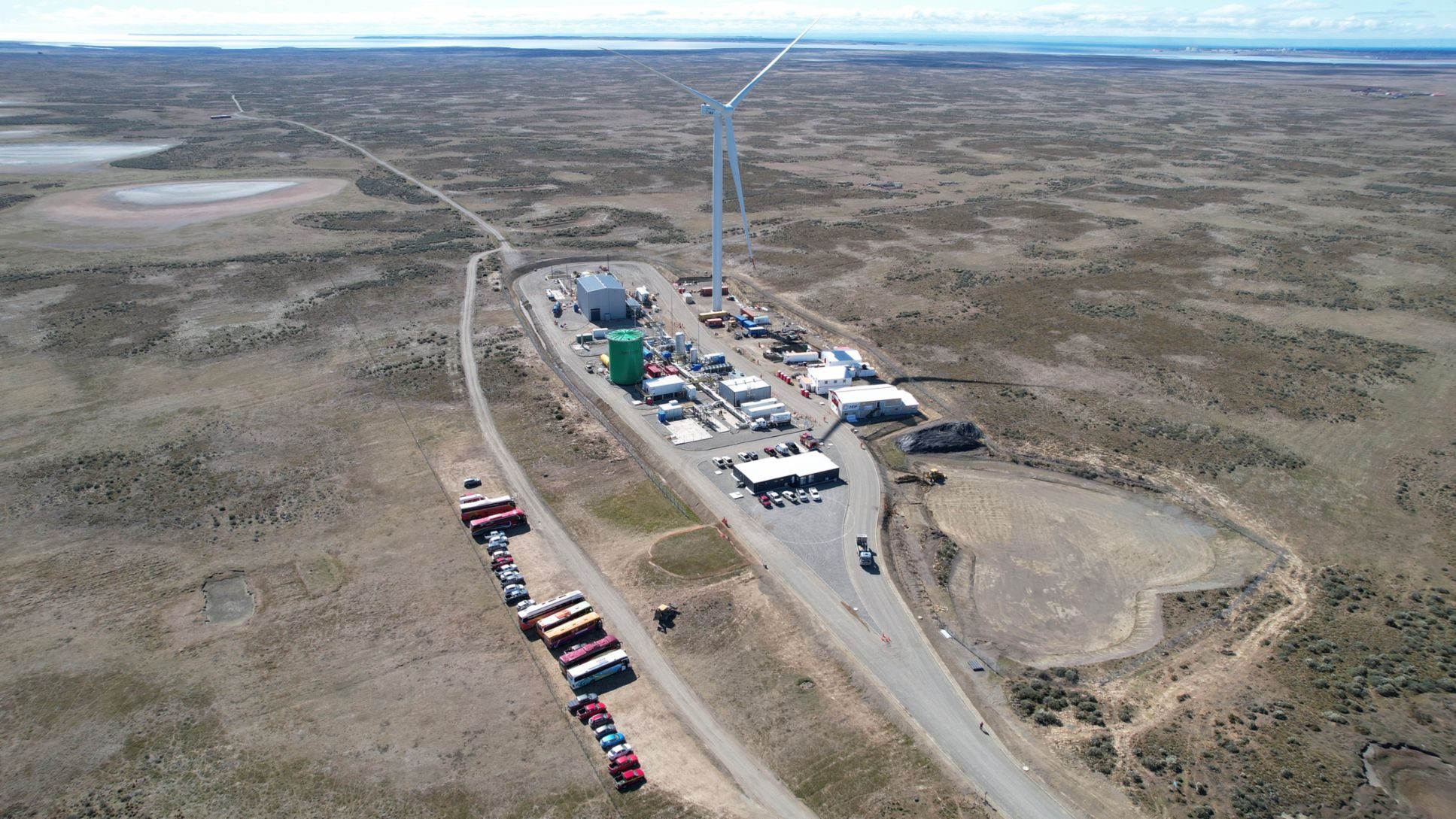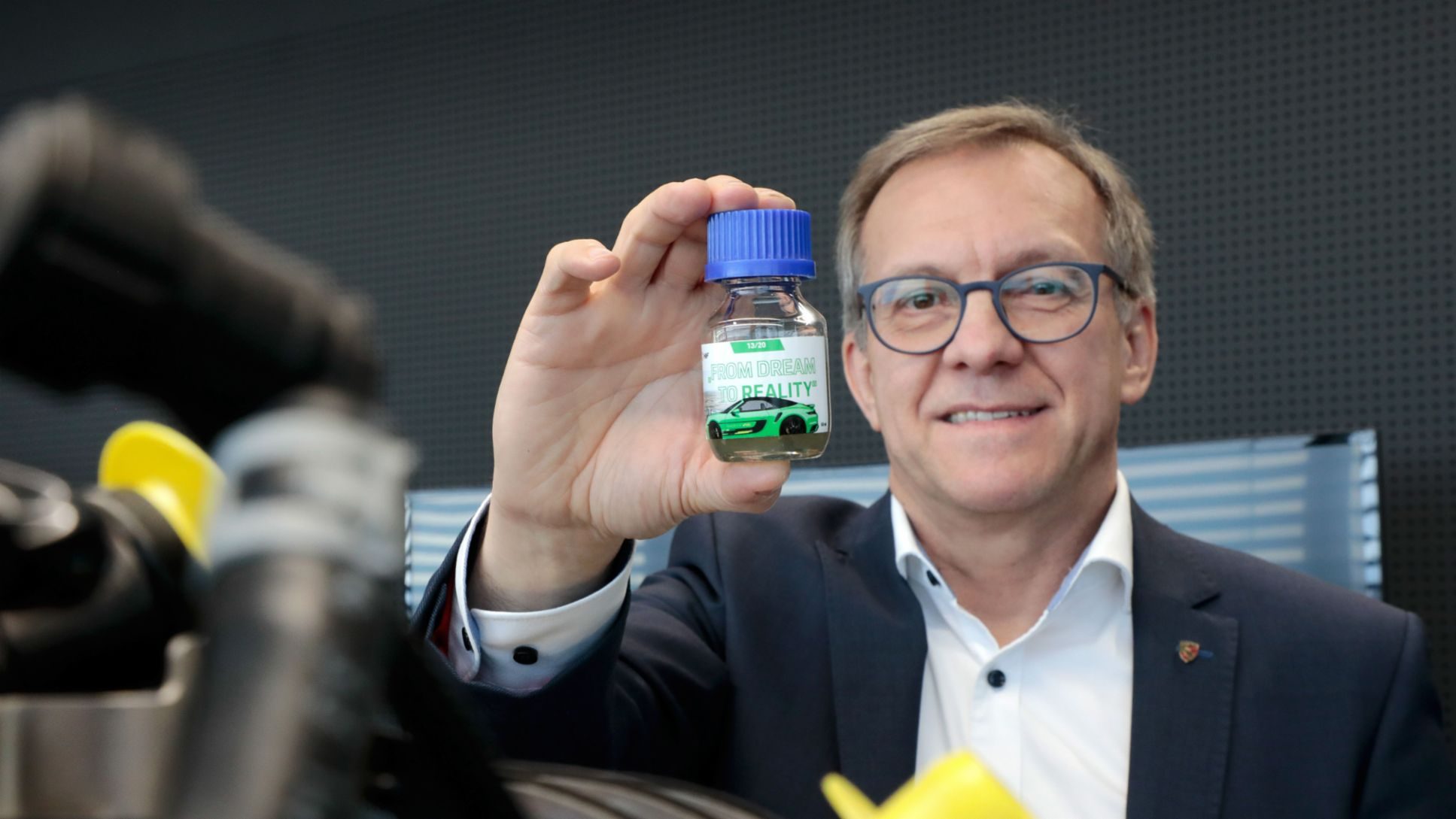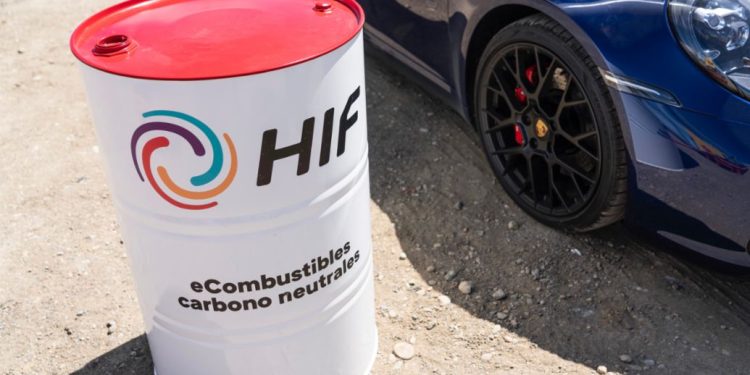BMW CEO says a ban on combustion technology is wrong
Words NZ Autocar | Images Porsche
BMW CEO Oliver Zipse believes the European Union’s plan to ban sales of new combustion-engined cars in 2035 is the “wrong approach”. He is calling for it to accelerate the roll-out of e-fuels.

Under the current legislation, the EU will ban sales of new non-electric cars in 2035. Combustion engines can remain on sale but only if they run on carbon-neutral e-fuels.
Zipse said the European Commission must accelerate the availability of e-fuels so they are readily available by 2035. Otherwise, the legislation “would be a deliberate ban on combustion engines through the back door”.
This is a “bogus solution” said Zipse, adding “a ban on combustion engines in 2035 is the wrong approach”.
The limited availability of e-fuels is a significant inhibitor to their viability.

They’re not readily available as yet because their production demands a huge amount of energy. That’s because they rely on the production of ‘green’ hydrogen, made by electrolysing water using renewable electricity.
The International Energy Agency calculated that producing all of today’s industrial hydrogen output from electricity would create a demand of 3600TWh. That’s more than the EU’s entire energy production in 2022, only one-third of which came from renewables. More yet would be needed for the mass industrialisation of e-fuels.
The other issue is that this energy could instead be used to power electric cars. However, e-fuels are seen as a viable path for decarbonising the existing combustion-engined fleet. They are also viewed as a solution for vehicles that are not ideally suited to battery electrification, such as heavy transport vehicles and sports cars.
Porsche has invested heavily in e-fuels and Ferrari also backs the development and use of carbon-neutral fuels. As an aside, Formula 1 is switching to carbon-neutral fuels in 2026, at which time a new set of technical regulations will be introduced.





